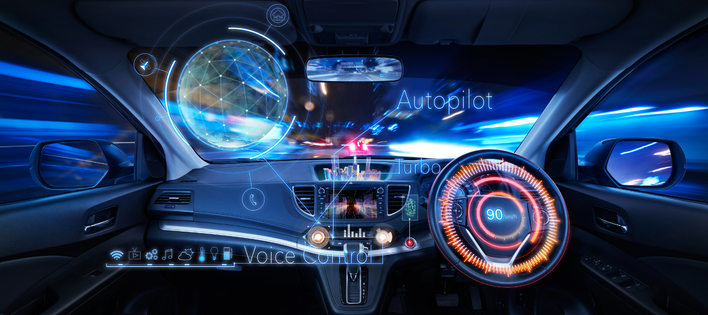We’ve written a lot about self-driving cars, such as the ones that Google and Toyota have produced. We also talked about determining who would be at fault if these cars were ever to get into a collision.
So, who’s responsible?
Would it be the manufacturer’s fault? Would it be the fault of the engineer? Would the driver be held liable? According to a report from Brandon Schoettle and Michael Sivak, researchers at the University of Michigan, the one person who should be at fault for any collision in which these self-driving cars have been engaged is the driver who hit the self-driving car.
It has been established that driverless cars are involved in accidents at a higher rate than conventional vehicles. This is partially attributed to their sudden stops. Many Google cars were rear-ended when test-driven.
Is it a good idea to go “driverless”?
Schoettle and Sivak analyzed records of cars being tested by Google, Audi and Delphi in California, and discovered that self-driving cars are “more than four times as likely to be in a crash than those which require a human operator. For every 1.6 million kilometres, self-driving cars were in 9.1 crashes, compared to 1.9 for human-operated cars. That number may be 4.1 because, according to researchers, people don’t report all minor incidents to police.”
Moreover, “Passengers in self-driving cars were four times as likely to get injured and the self-driving cars were rear-ended 50 per cent more often, but the accidents are less severe and occur at lower rates of speed.”
By just looking at the statistics, it sounds like self-driving cars are more dangerous than cars which are operated by humans. However, researchers are convinced that it’s not the fault of the driverless car that causes it to get rear-ended so frequently. This is similar to the findings of a report by the California DMV.
Chris Urmson, director of Google’s self-driving cars unit, is quoted as saying in a blog post, “Our self-driving cars are being hit surprisingly often by other drivers, who are distracted and not paying attention to the road.” To support this thought, he cited an incident in which a driverless Lexus stopped at a green light because there was a lot of traffic and it didn’t want to block the intersection. A car rear-ended the Lexus at 27 km/h.
I don’t know about you, but stopping at a green light is rarely a good idea.
Can I sue the carmaker?
The fact of the matter is, self-driving cars lack the alertness and discretion of human drivers. If it can be shown that a self-driving car is at fault, its manufacturer (Google, for example) can be held liable. All this must be taken into account when apportioning and allocating liability – or, in effect, deciding who is to “blame.” For more information, visit our accident lawyer section to understand your rights if you are involved in an accident. Book a free consultation or call 1-855-446-7765 for immediate assistance.















